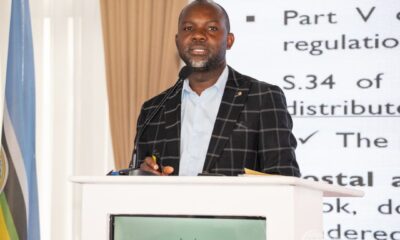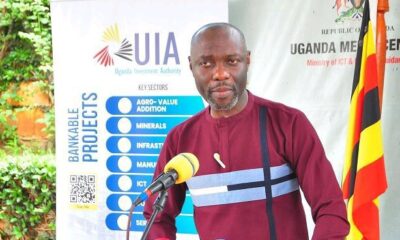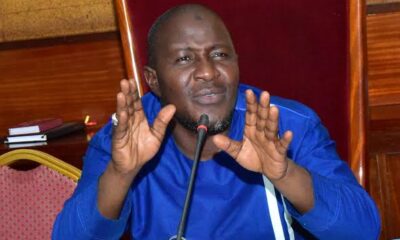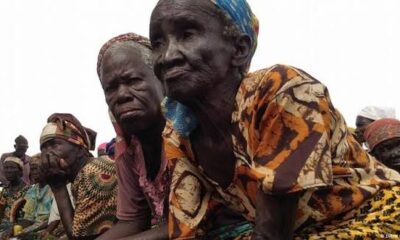News
SO HEARTLESS!! How Nixon Threatened A Whistleblower With Death If He Leaked The 2010 Bomb Plot, Here Is The Reason He Made Sure That The Blast Happened
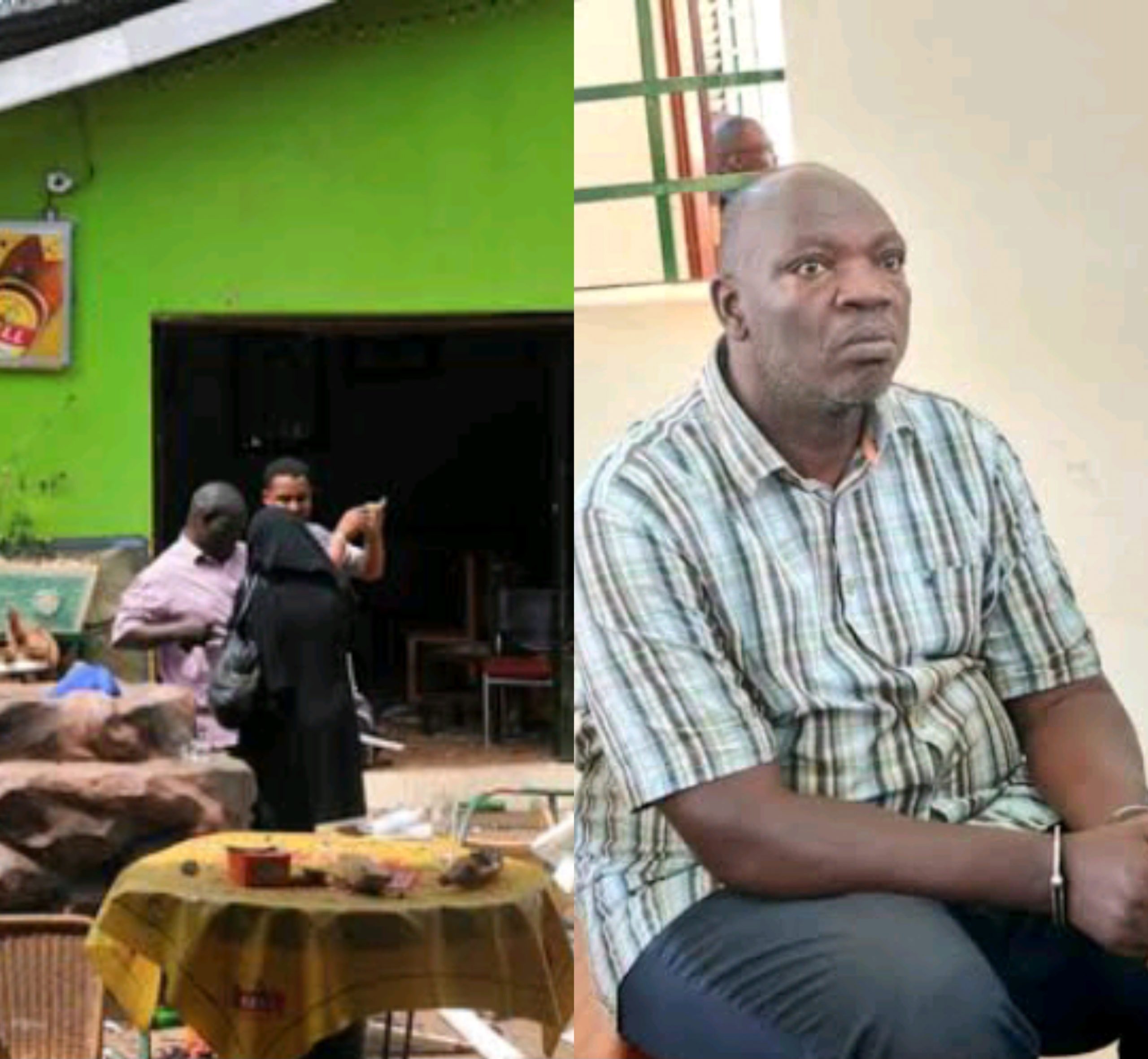
Fifteen years after the deadly bombings that shook Kampala on July 11, 2010, disturbing new revelations have come to light — pointing not just to the attackers, but to a top police officer who allegedly allowed the attack to happen. Nixon Karuhanga Agasiirwe, a senior officer at the time, reportedly had full knowledge of the bombing plot — the suspects, the targets, and the exact date. But instead of stopping it, he let it go ahead so that he could later arrest the culprits and earn national praise as a hero.

This shocking claim comes from Thomas Mugalu, a Ugandan businessman who unintentionally found himself entangled in the bomb plot. In June 2010, weeks before the attack, Mugalu was approached by a regular bar customer named Ahmed Issa Luyima, who asked for help obtaining unregistered SIM cards and burner phones. Believing it was a harmless favor, Mugalu helped connect him with a source.
But things took a dark turn. Mugalu was later warned by a middleman, Godfrey, that the phones were to be used in a terrorist attack. Horrified, Mugalu immediately informed a government agent known as Ismael, who referred him to the Rapid Response Unit (RRU) in Kireka — a specialized police division. That’s where he met Nixon Agasiirwe, the very man now at the center of this scandal.
Instead of taking immediate action to prevent the attack, Nixon told Mugalu to remain silent. He forbade him from contacting the ISO agent again and threatened to kill him if he spoke to anyone else. Even more disturbing, Nixon instructed Mugalu to let the suspects get the phones anyway, claiming that he would “handle the rest.”
One month later, the nightmare unfolded. Twin explosions tore through Kyadondo Rugby Grounds and Ethiopian Village Restaurant, killing nearly 100 people and injuring many others who had gathered to watch the World Cup final. As the nation mourned, Nixon took center stage — leading the arrest of the same suspects Mugalu had warned him about weeks earlier.
The sequence of events points to a chilling conclusion: Nixon may have deliberately allowed the attack to proceed so he could later capture the bombers and be praised for his work. It was a decision that traded innocent lives for personal glory, power, and potential career advancement.
But the tragedy didn’t end there. In 2015, Joan Kagezi, the brave prosecutor handling the bombing case, was shot dead in public. Sources now claim she had gathered evidence implicating high-level security officials — including Nixon — in the planning or protection of the bombing suspects. Her murder remains unsolved, but many believe she was silenced for getting too close to the truth.

As for Mugalu, the man who tried to sound the alarm, his life was shattered. He was arrested, held without formal charges, and forced into hiding. His business collapsed, and to this day he lives in fear. “I thought I was helping the country,” he said. “But instead, they turned on me and used me to protect themselves.”
This is not just a story about terrorism — it’s a story about betrayal. About a system where someone trusted to protect lives chose to let people die for his own benefit. It’s a painful reminder that sometimes the greatest danger comes not from outside enemies, but from those within.

